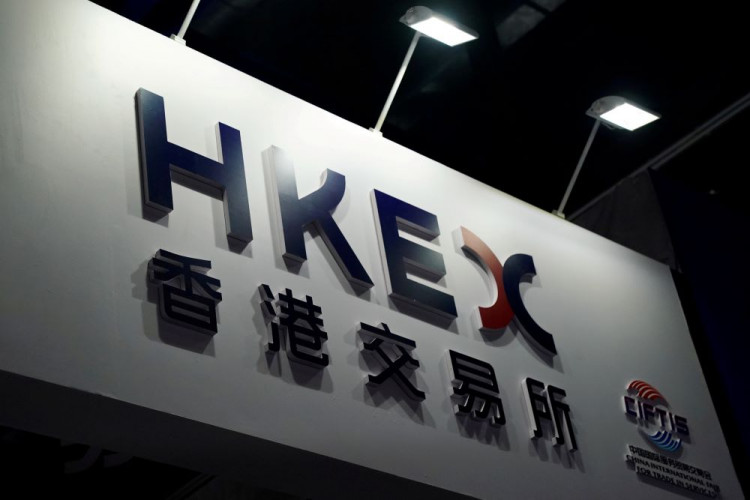China video sharing application Bilibili and technology conglomerate Baidu, Inc. received underwhelming responses from Hong Kong institutional investors Tuesday as they joined a wave of mainland companies pursuing secondary listings.
Despite putting the upper price at HK$988 ($127.2) in its prospectus, Bilibili is now targeting HK$808 per share in a Hong Kong market debut scheduled for March 29, Reuters reported Tuesday citing people familiar with the matter. This is a nearly 3% discount to the price of Bilibili's U.S.-listed stock.
Likewise, Beijing-headquartered artificial intelligence and internet services provider Baidu ended its first day of trading Monday with no change in share price - shares continued to hover around HK$252 Tuesday.
"Both Baidu and Bilibili were priced well below the top end of the range," Philippe Espinasse, founder of consultancy P&C Ventures Limited, told Business Times.
By Monday evening, Bilibili was oversubscribed 56 times by retail investors in Hong Kong, suggesting plenty of demand from that sector.
"Weak aftermarket buying is usually a sign that the quality of the institutional book of demand was somewhat below par," said Espinasse.
Baidu's retail investor portion was oversubscribed 112 times over, while the company received just 10 times the available number of applications from institutional investors.
"It is also notable that these deals were not supported by cornerstone investors," the consultant added.
The as of yet unprofitable video hosting website and mobile app has received backing from Tencent Holdings and Alibaba Group, in addition to a nearly $400 million shot in the arm from Sony last year.
'China's YouTube' as it is known reported roughly $460 million in losses last year - a fivefold increase from 2018 - as the company pivoted from mobile gaming to more profitable livestreaming and subscription services.
"The (Hong Kong) market is showing signs of investor fatigue and market participants are becoming more selective and price sensitive," Espinasse said.
Bilibili will put half the proceeds from the Hong Kong listing to support user growth, according to a filing with the local bourse.






